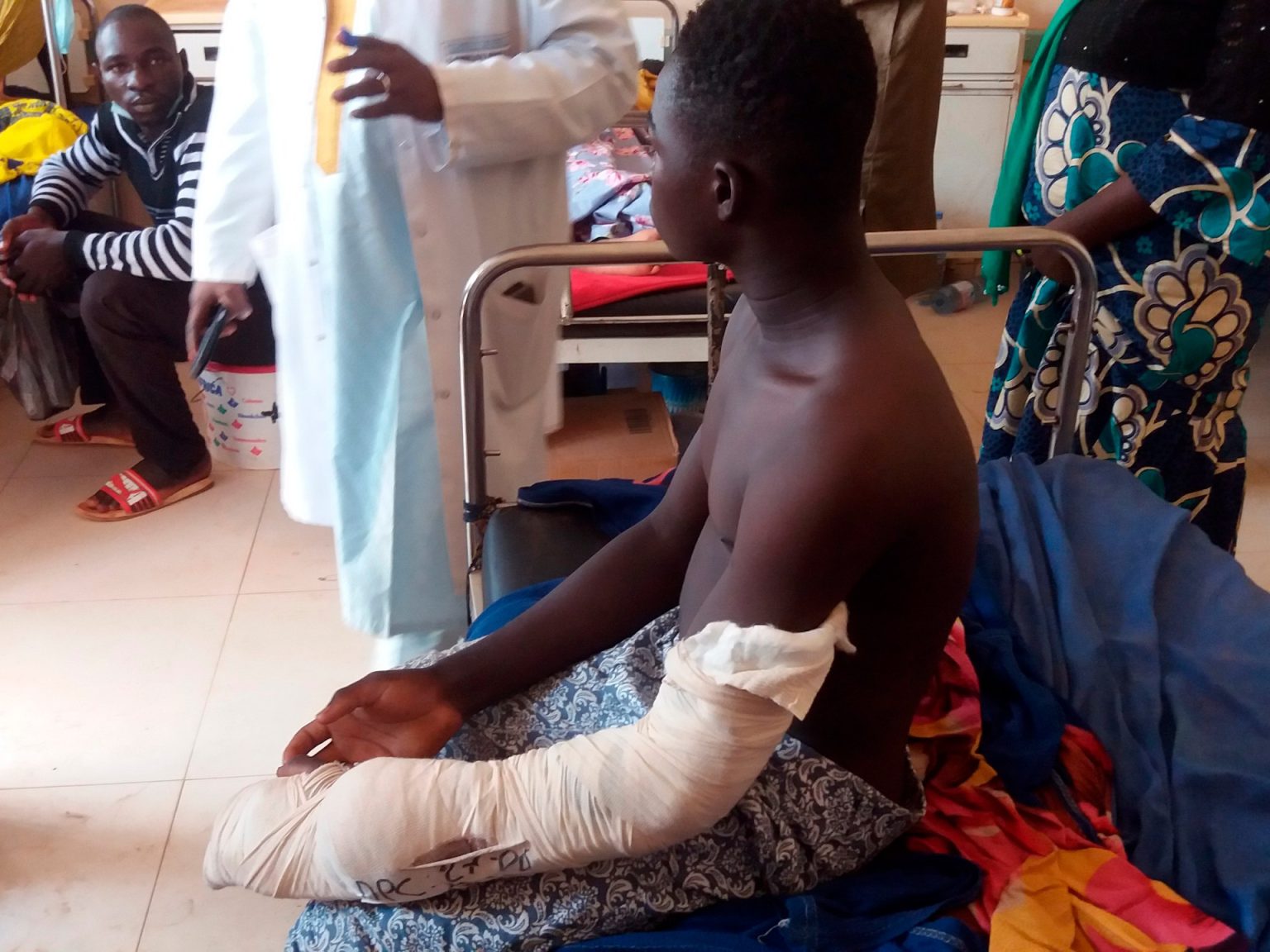Mali is currently facing a significant issue with armed groups operating within its borders, leading to large areas of the country becoming ungovernable. These groups, including those aligned with al-Qaeda and Islamic State (ISIS), have been committing atrocities and targeting civilians, particularly in central Mali. Human Rights Watch (HRW) recently released a report highlighting the brutal attacks by groups such as Jama’at Nusrat al-Islam wa al-Muslimeen (JNIM) and Dozo militia in January, resulting in the deaths of 45 individuals in separate incidents.
One such attack occurred on January 6 in the village of Kalala, where a Dozo armed group, primarily consisting of ethnic Bambara, killed 13 people and abducted 24 civilians from the predominantly Fulani community. Additionally, JNIM fighters, largely of Fulani descent, launched attacks on the villages of Ogota and Ouembe on January 27, resulting in the deaths of at least 32 individuals, including three children. These attacks have caused widespread destruction, with over 350 homes set on fire and 2,000 people forced to flee their villages.
HRW has emphasized that these attacks are in violation of international humanitarian law and can be considered apparent war crimes. Ilaria Allegrozzi, HRW’s senior Sahel researcher, has called for action from authorities to end the cycle of violence and revenge killings, as well as to provide better protection for threatened civilians. Despite a transitional government ejecting the UN peacekeeping mission in late 2021, Islamist armed groups and ethnic militias continue to operate with impunity, posing a threat to the safety and security of civilians in Mali.
In response to the ongoing insecurity, Mali’s military government seized power in 2021 and vowed to address the rising threats. However, attacks from armed groups persist, and the military itself has been accused of human rights violations. Mali, alongside neighboring Burkina Faso and Niger, all have military-led governments and have expelled French forces that previously helped combat armed groups. Instead, they have turned to a security alliance and enlisted the help of Russian mercenary units to address the ongoing security challenges in the region.
The United Nations Multidimensional Integrated Stabilization Mission withdrew from Mali in December at the request of the military government, leaving a security vacuum that has been exploited by armed groups. HRW has criticized authorities for failing to properly investigate incidents involving members of armed groups and ethnic militias, highlighting the need for accountability and justice for the victims of violence in Mali. The situation in Mali remains precarious, with the continued presence of armed groups posing a significant threat to the stability and security of the country and its people.


